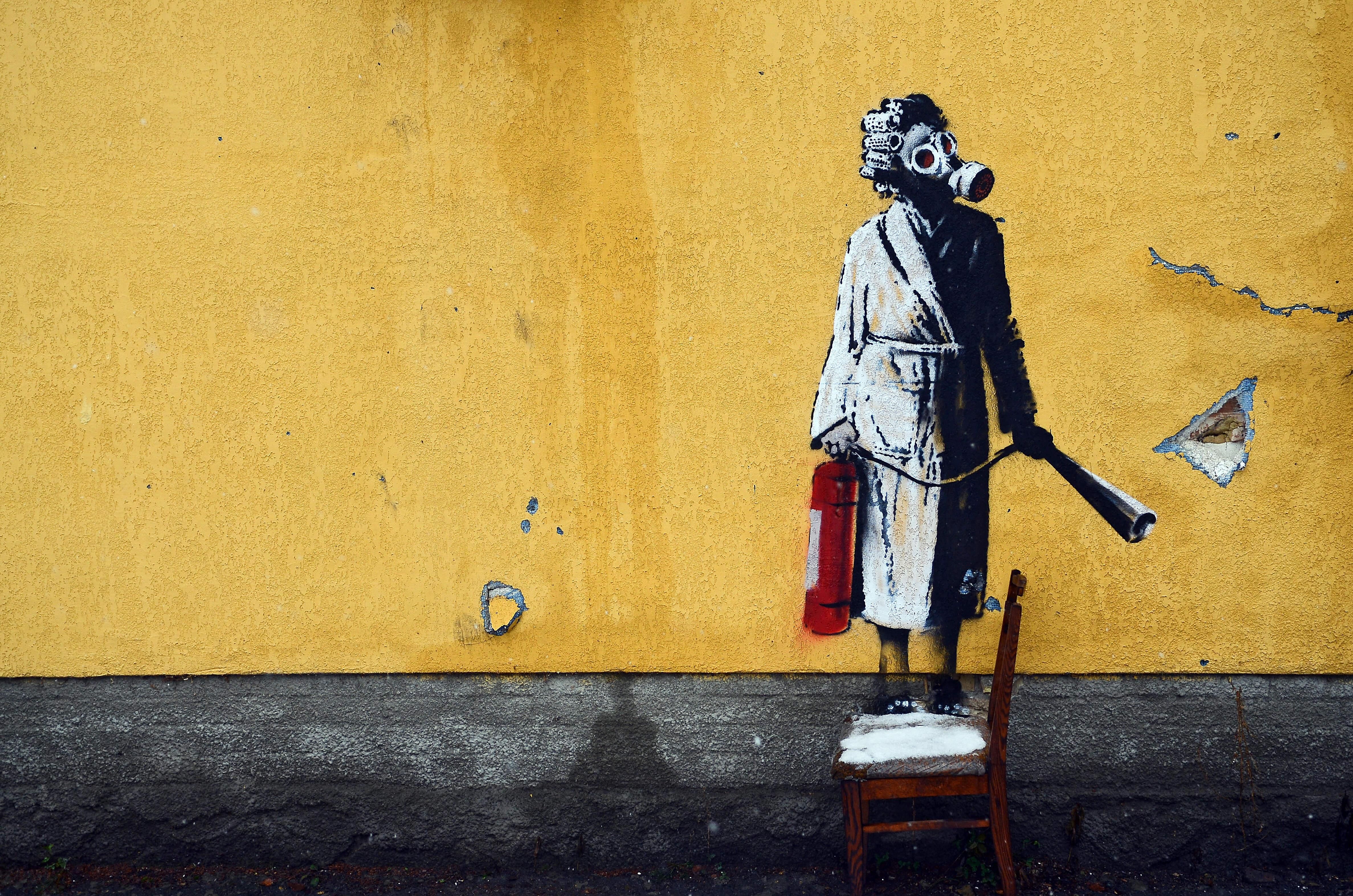Hard Numbers: Banksy thieves in Ukraine, red light for Pakistani malls, skull shipment from Mexico, heartwarming US-China moment
12: The ringleader behind a plot to steal a mural painted by the famous street artist Banksy in Ukraine could face up to 12 years in prison. The pseudonymous British artist stenciled the image of a woman in a gas mask on a wall in the town of Hostomel just after Russia invaded. The artwork, valued at a quarter of a million dollars, was lifted in December but has since been retrieved.
8:30: Cash-strapped Pakistan has ordered all malls and markets to close by 8:30 pm as part of a wider packet of measures to conserve energy. With a much-needed IMF loan still on hold, the country is reeling from the costs of imported fuel for power generation. Things have gotten so bad that the government has even turned off half of the country’s traffic lights just to save a few extra kilowatts.
4: Authorities at a Mexican airport found four human skulls wrapped in tinfoil in a package destined for the US state of South Carolina. No motive or explanation has yet been established, but the package was postmarked from the cartel-infested Mexican state of Michoacán, one of the most violent places on earth.
22: A thaw in US-China ties? China’s new foreign minister Qin Gang, who for more than a year has served as Beijing’s top diplomat in Washington, warmly praised the US in a tweet, noting that he had traveled to 22 different US states, made “many friends,” and was “deeply impressed” with Americans.